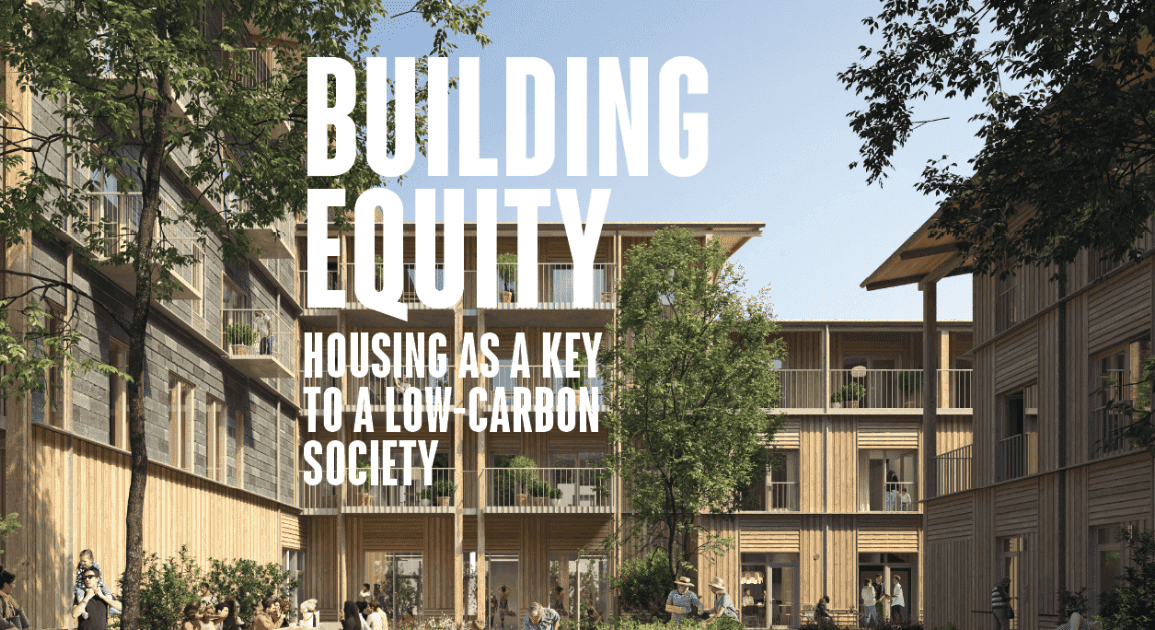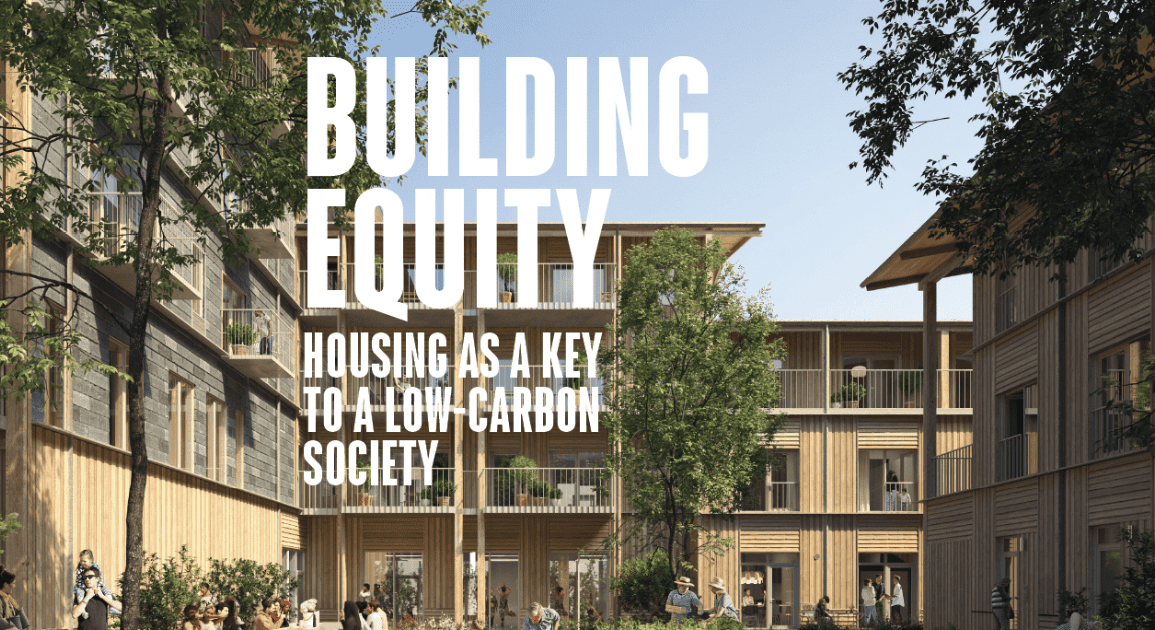AI-Generated Summary
Context of the Report
"Building Equity: Housing as a Key to a Low-Carbon Society" is a comprehensive report published by BLOXHUB, an organization focused on sustainable urban development, with contributions from The Shift and funding from the Laudes Foundation. This report addresses pressing issues in Europe, where many citizens face significant housing cost burdens while the urgency to reduce carbon emissions in the built environment intensifies.
Key Challenges
The report highlights two critical challenges currently facing Europe: over 10.6% of Europeans residing in cities are burdened by high housing costs, and the EU has only ten years left in its carbon budget for the built environment at existing emission rates. Furthermore, new buildings are required to cut carbon emissions by up to 94% by 2050 to comply with the targets set by the Paris Agreement.
Housing Crisis and Climate Emergency
The findings emphasize that housing affordability and decarbonization are interconnected issues that require simultaneous solutions. Energy-efficient homes can lead to long-term affordability benefits through lower utility costs. However, the industry faces the challenge of balancing the short-term costs associated with decarbonization while ensuring that housing remains affordable for all.
Need for Cross-Sector Collaboration
The report asserts that no single sector—public, private, or third—can tackle these challenges alone. Public-private partnerships are deemed essential for securing the long-term financing necessary to address these issues adequately. Consistent government support and political leadership are also critical to creating a conducive environment for lasting solutions.
Areas for Innovation
The report identifies several areas ripe for innovation, including: - New Building Practices: Emphasizing regenerative design, density optimization, and flexible living spaces. - Business Models: Encouraging infrastructure investment strategies and profit-sharing mechanisms with tenants. - Financial Innovation: Promoting impact investment frameworks and blended finance models. - Policy Innovation: Suggesting measures to fast-track permits and protect against renovictions. - Community Innovation: Advocating for community land trusts and retrofit hubs to enhance local engagement.
Key Recommendations
To address the identified challenges, the report offers several key recommendations: 1. Recognize housing as a fundamental human right. 2. Explore innovative investment structures, including infrastructure investments. 3. Unlock the potential for industry innovation. 4. Foster collaboration between public and private sectors. 5. Increase the agency of developers in the housing market. 6. Build knowledge bases and improve transparency within the industry.
Methodology
The report's insights were derived from a comprehensive literature review, expert interviews, and three industry engagement workshops held across Europe, supplemented by global consultations with practitioners. This extensive approach aims to gather barriers and opportunities within the industry, providing a foundational framework for unlocking social value in real estate. The ultimate goal is to empower stakeholders across the sector to lead efforts in creating sustainable and affordable housing solutions.

